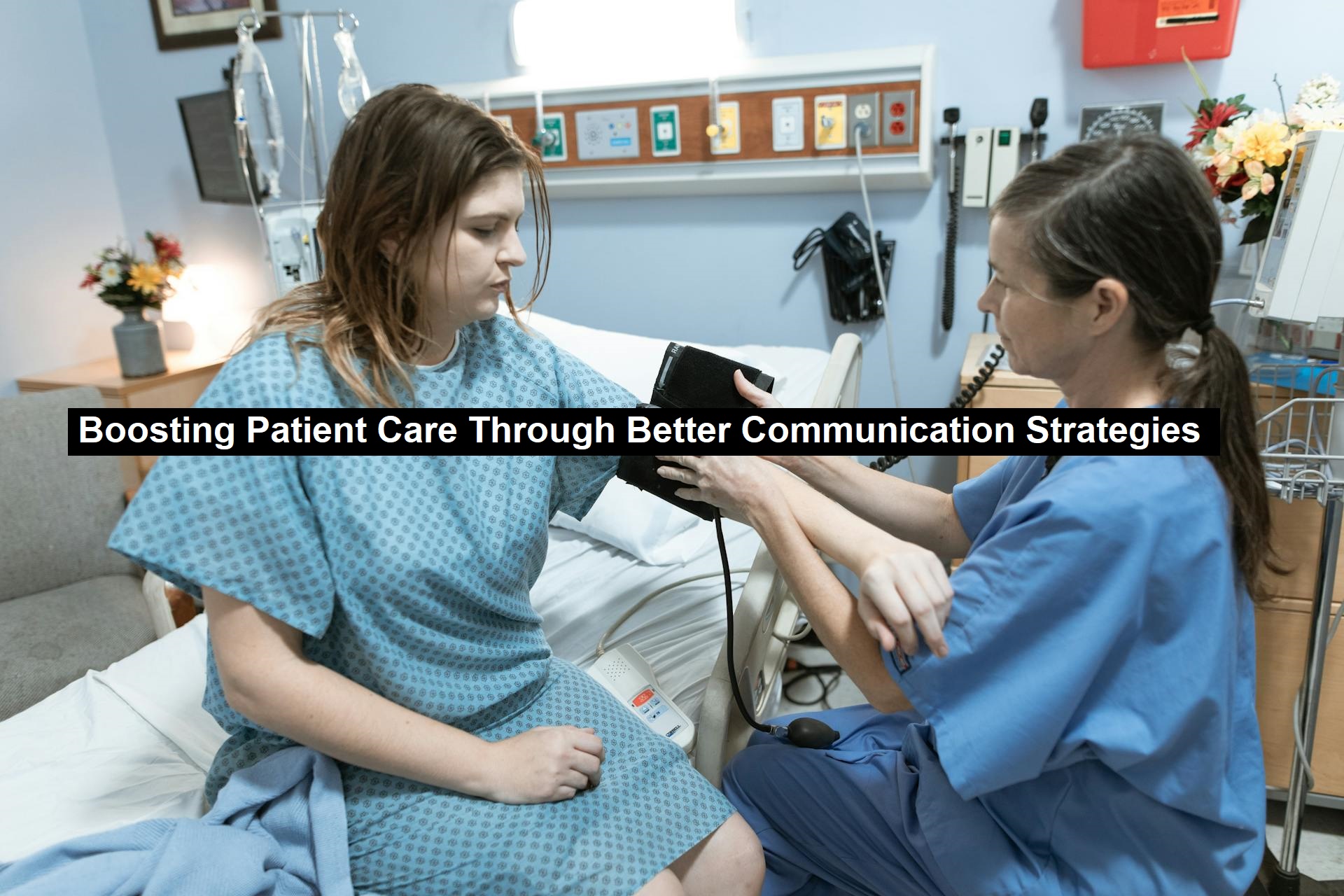Boosting Patient Care Through Better Communication Strategies
The healthcare system faces numerous challenges, particularly in the area of physician-patient communication. Improving this interaction can lead to better patient satisfaction and outcomes. This summary outlines methods for medical professionals to enhance their communication practices.
A major challenge is patients’ limited health literacy, with only 12% of adults demonstrating proficiency in understanding medical information. This lack of knowledge complicates effective communication with healthcare providers, negatively impacting patient care and self-management.
Physicians can improve communication by focusing on building trust and forming meaningful relationships with their patients. This begins with maintaining eye contact and creating a welcoming atmosphere. Empathy and active listening are also critical. Neglecting these elements can result in patients feeling disregarded or uncomfortable, making rapport-building essential for all medical practitioners.
Read: The Essential Guide to Vitamins Australia: Boosting Health and Well-being with Key Nutrients
When conveying medical information, the nuances of tone and language, as well as non-verbal signals, are significant. These factors influence patients’ perceptions of their care. Encouraging patients to reiterate their understanding of instructions can also reinforce effective communication and strengthen the therapeutic relationship.
To further enhance patient outcomes, organizational strategies such as extending appointment times may be beneficial. This adjustment helps address the need for thorough explanations, despite existing staffing constraints. Regular appointments should also be encouraged to maintain patient engagement and care continuity.
The Importance Of Physician-Patient Communication was contributed by Endicott Call Center, a medical answering service company
For further details on improving physician-patient communication, please review the accompanying resource.

